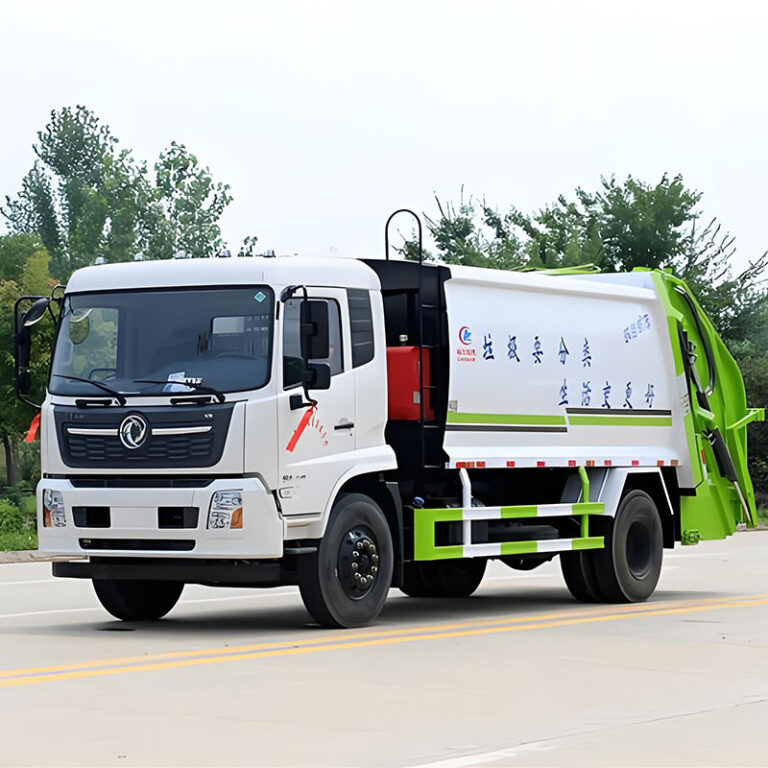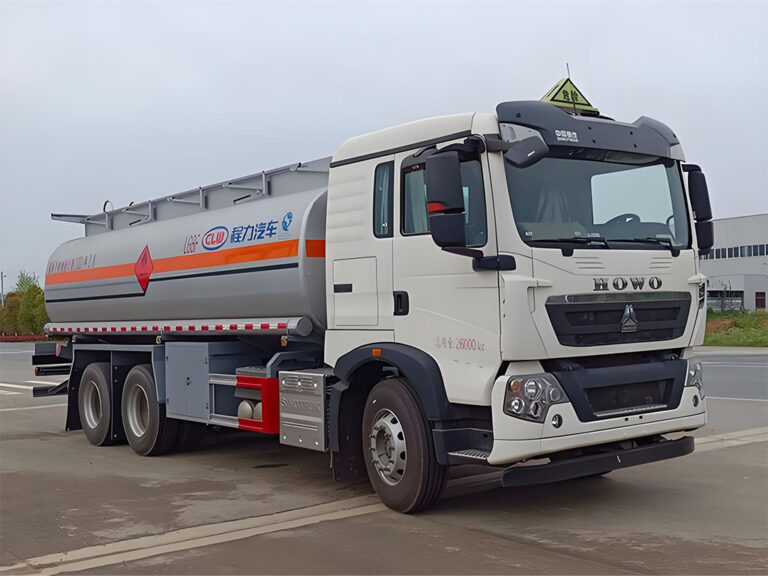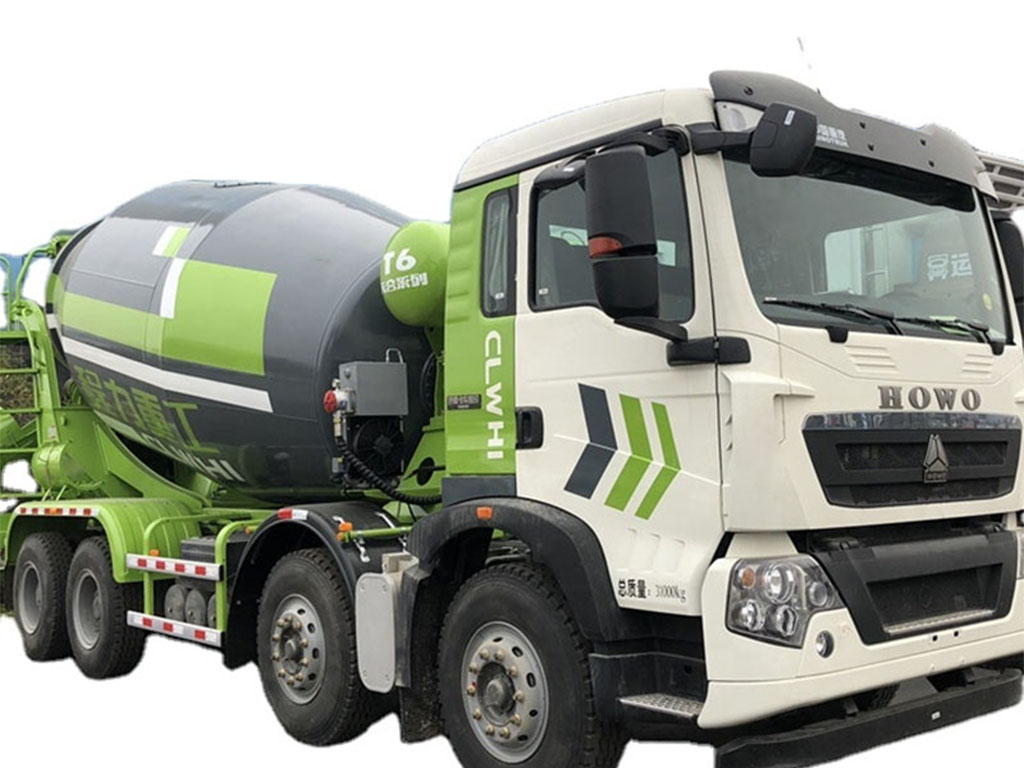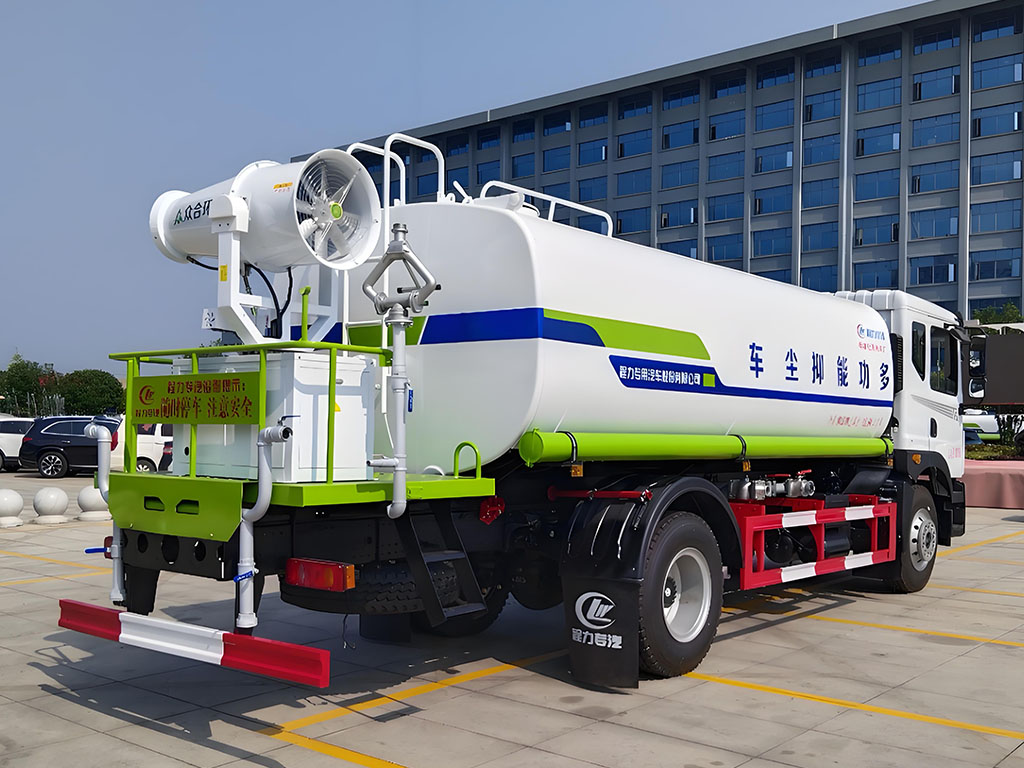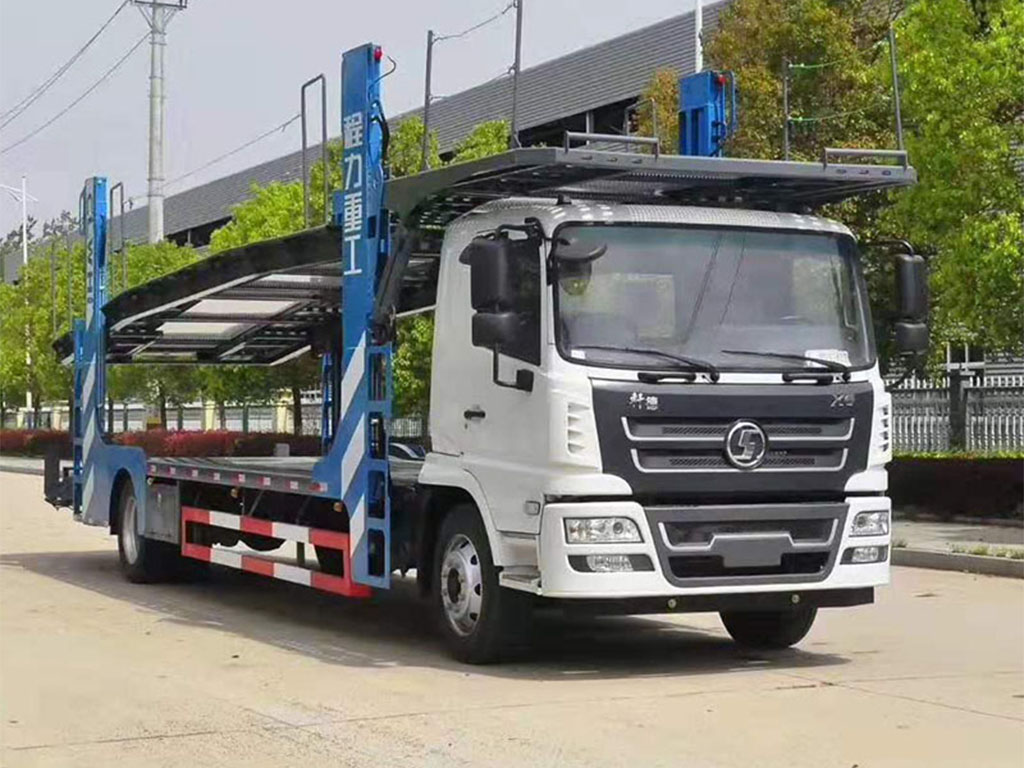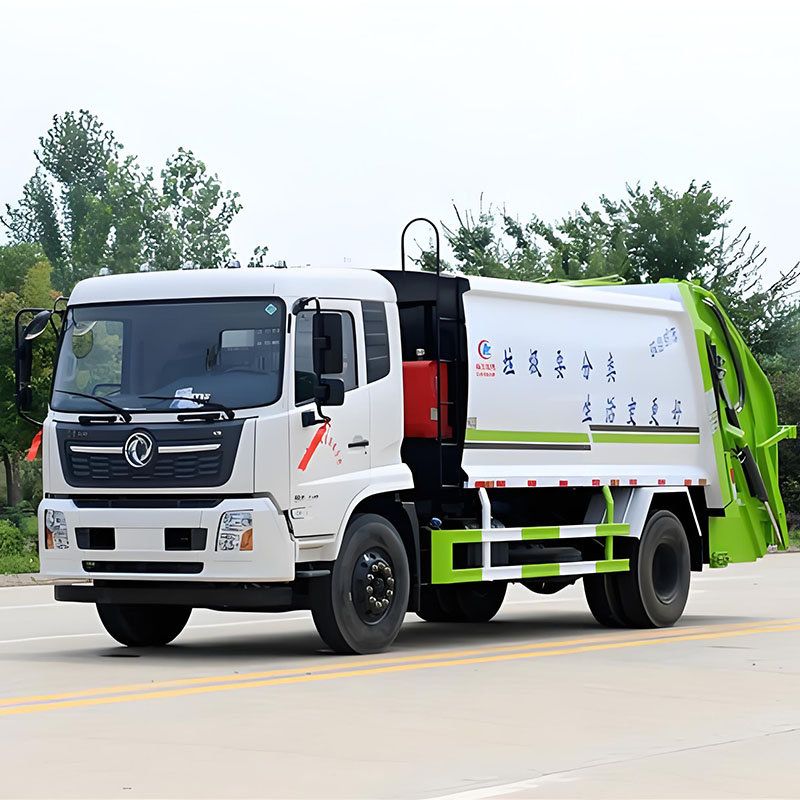-
Chengli Automobile Industry Park, Suizhou, Hubei, China
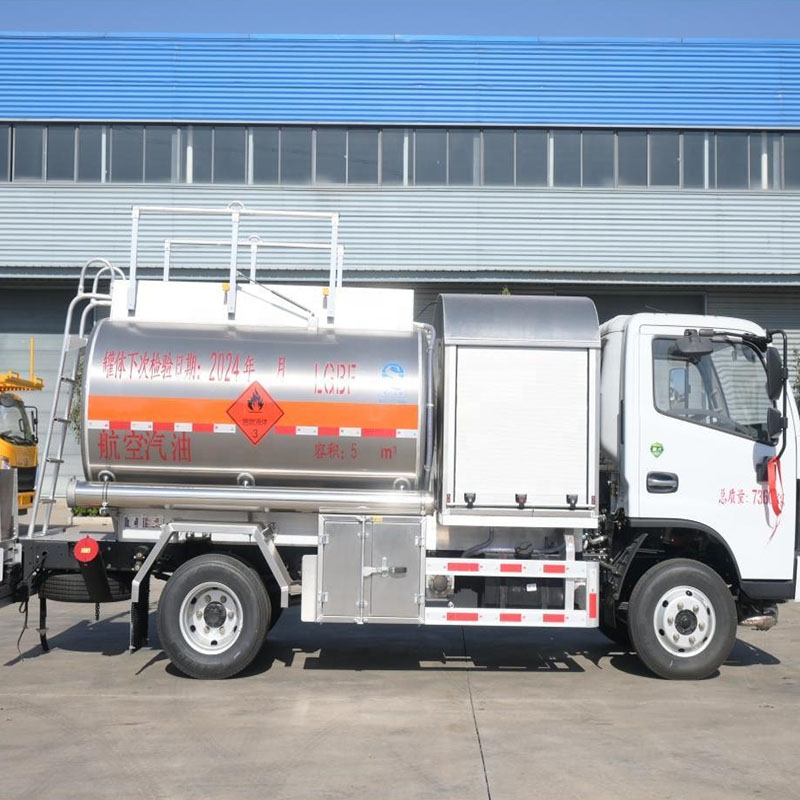
The Essential Preventive Maintenance Checklist for Refueling Vehicles & Stations
Do you want your trucks running strong every day? Wish your fueling station kept workers safe and your machines working longer? CLW-GRUPPE can help you do just that. My team builds trucks that last, delivers vehicles fast, gives top after-sales help, and offers smart ideas to keep you rolling. Now let’s look at a simple preventive maintenance checklist for refueling vehicles and stations. You can use this to stop problems before they start!
Why Do You Need a Preventive Maintenance Checklist?
Keeping fuel systems working well is smart. Why? Here are five big reasons:
- You stay safe. No fires, leaks, or harm.
- Your trucks last longer. Less repairs means more work done.
- Get better fuel mileage. Clean parts and good fuel save money.
- No surprise breakdowns. Avoid downtime with regular checks.
- Stay legal. Follow rules from EPA, OSHA, and NFPA—no fines.
CLW GROUP cares about your success. We show you easy steps to protect your fleet, whether you work with fuel tanks, diesel trucks, pump stations, or alternative fuels like CNG, LPG, or hydrogen.
Vehicle Refueling Components: Simple Checklist
Here’s how you check every important part fast:
1. Fuel Tanks & Caps
- Look for leaks, rust, or damage.
- Make sure the cap seals tight.
- Check the venting works.
2. Fuel Lines & Connections
- Spot any cracks, leaks, or loose fittings.
- See that every part is snug.
3. Fuel Filler Neck
- No dents or blockages, please.
- The fuel nozzle fits? Perfect!
4. DEF System (For Diesel Fleets)
- Inspect the DEF tank for leaks.
- DEF level and quality matter.
- Clean up the DEF injector area.
5. Alternative Fuel Systems
- Check special tanks, valves, and lines for CNG, LPG, or hydrogen.
- Do leak checks with your team.
Keep these in a simple chart:
| Vehicle Part | What to Check | How Often |
|---|---|---|
| Fuel Tank & Cap | Leaks, corrosion, cap seal | Daily/Weekly |
| Fuel Lines | Cracks, tight connections | Weekly |
| Filler Neck | Damage, fit, clear passage | Monthly |
| DEF System | Tank, lines, cleanliness | Weekly |
| Alt. Fuel System | Valves, lines, leaks | Weekly |
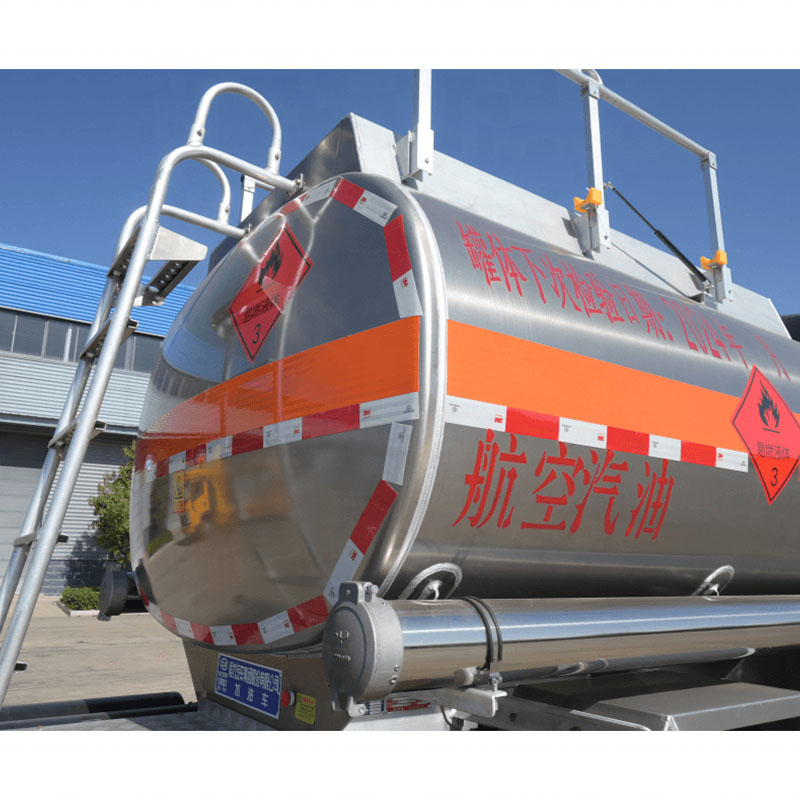
Fueling Station & Infrastructure: Easy Steps
Your refueling station needs care, too. Use this checklist:
1. Fuel Dispensers
- Look for damage outside.
- Check if nozzle drips, wears out, or latches right.
- Hoses should be crack-free and tight.
- Test meter accuracy. Calibrate if needed.
- Cabinet is shut and undamaged.
- Emergency stop works every time.
2. Fuel Pumps
- Is it noisy or shaking? Bad sign!
- Any leaks around the case?
- Motor spins smooth.
3. Storage Tanks (Underground & Aboveground)
- Rust, dents, or cracks outside.
- Each fill port and cap must be strong.
- Confirm overfill protection devices.
- Vents not blocked.
- Secondary containment should be solid.
4. Vapor Recovery Systems
- Check hoses and connections.
- Does the vapor recovery part do its job?
5. Leak Detection
- Run a test to see if it works.
- Write down the results.
6. Safety First
- No fuel on the ground.
- Spill kits ready and full.
- Clear, correct signs.
- Fire safety gear working.
Quick table here for your team:
| Station Part | Task | Frequency |
|---|---|---|
| Dispensers, Nozzles | Inspect, calibrate, test | Daily/Monthly |
| Pumps | Listen, leak check, spin test | Weekly |
| Tanks (UST/AST) | Visual check, ports, vents | Monthly/Annual |
| Vapor System | Hose, operations check | Quarterly |
| Leak Detection | Functional test, records | Monthly |
| Safety Equipment | Kit, signs, fire gear | Daily/Weekly |
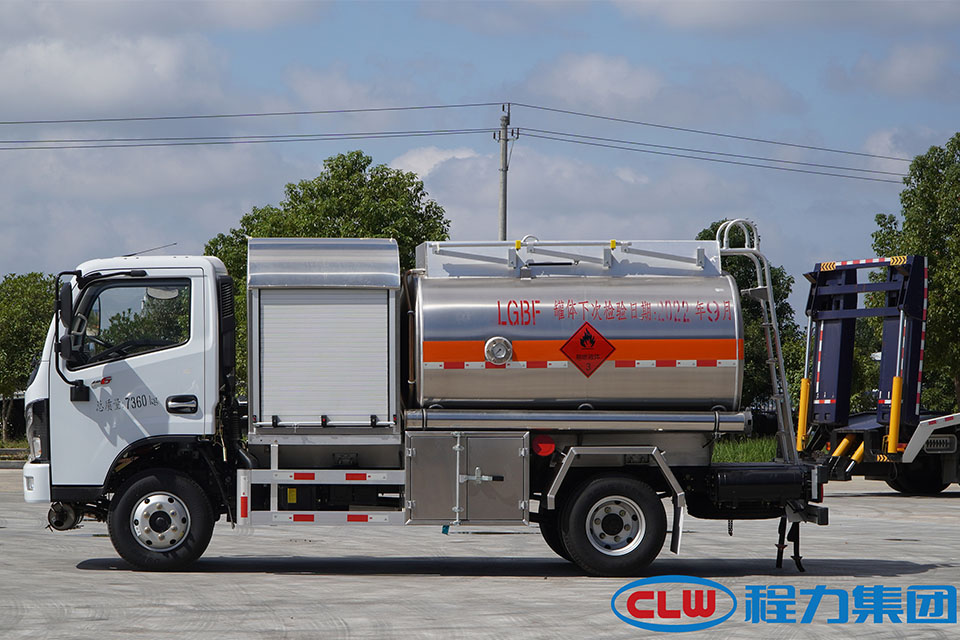
Routine Schedule & Record-Keeping
You want a simple plan everyone follows. Here’s a sample:
- Daily: Visual checks, leaks, nozzle condition
- Weekly: Look at fuel levels, spill kit stock
- Monthly: Run emergency stop tests, small fixes
- Quarterly: Calibrate meters, check vapor recovery
- Yearly: Full inspection by a pro
Track it all. Write down every check in your fleet management system. This proves you stay safe, spot problems fast, and get ready for audits.
Safety, Compliance, and Smart Environmental Choices
Keeping up with EPA, OSHA, and NFPA rules is key. Use Safety Data Sheets (SDS) for all fuels and cleaning chemicals. Make sure all workers wear Personal Protective Equipment (PPE)—gloves, goggles, and safe clothes. Dispose of hazardous materials like old fuel filters the right way.
Advanced Troubleshooting Tips
- Test for bad fuel: Look for water or gunk. Clean out quick.
- Call in certified experts for big repairs.
- Fix little things now—like tiny nozzle leaks—so they don’t become big problems.
How CLW GROUP Helps You Win
CLW-GRUPPE stands for strong trucks and great support. Our custom production meets your needs, vehicle delivery is quick, and our team answers your questions. We build fueling vehicles and stations that last longer—saving you time and money.
Company Strengths:
- Reliable engineering for all trucks, like cement mix trucks
- Special fuel system expertise for water tank trucks Und aluminum flatbeds
- Fast delivery and smart technical advice
- Proven after-sales support
See more about our factory here: Spezial-LKW-Fabrik
Real Data: What Maintenance Does For You
Here’s a quick chart so you know the value:
| Benefit | What You Get | Source |
|---|---|---|
| Downtime down 20-40% | More trucks ready each day | Industry Averages |
| Preventive cost 5x-10x less | Save money vs. expensive repairs | Industry Studies |
| Fuel efficiency up 2-5% | Use less fuel—big savings! | Fleet Studies |
| Equipment lasts 15-25% longer | Don’t replace trucks or pumps so soon | Manufacturer Data |
| Zero spill cases | No fines, no harm! | Company Results |
Quellen:
- U.S. EPA Reports on Fuel Leaks
- OSHA Safety Violation Data
- NFPA 30 Rulebooks
- Fleet Management Studies
Simple Stories, Big Results
One company made daily checks a habit. In six months, they saw zero spills and fixed 30% more small issues before big breakdowns. Their workers felt safer, and their trucks missed zero days.
Customize Your Checklist—Get Help From CLW GROUP
Think your fleet is different? We listen. CLW-GRUPPE hilft Ihnen, eine Checkliste zu erstellen, die zu Ihren LKWs und Ihrer Station passt. Unser Team zeigt Ihnen, wie Sie tägliche, wöchentliche und jährliche Kontrollen durchführen – damit es keine Probleme gibt.
Wählen Sie aus vielen individuellen Fahrzeugen für Ihre Bedürfnisse:
Haben Sie nach der Lieferung Fragen? Wir antworten schnell. Benötigen Sie Teile oder Expertenrat? Wir liefern.
Die Macht der Proaktivität: Vorbeugende Wartung für Tankvorgänge
Gewährleisten Sie Sicherheit, Effizienz und Langlebigkeit für Ihre Flotte und Tankinfrastruktur.
Reduzieren Sie ungeplante Ausfallzeiten
Proaktive Kontrollen verhindern kostspielige Ausfälle und reduzieren Ausfallzeiten durch 20-40%.
Erhebliche Kosteneinsparungen
1X PM-Kosten
5- bis 10-fach Kosten für Notfallreparatur
PM ist 5-10 mal günstiger als Notreparaturen und damit verbundene Verluste.
Verbessern Sie Sicherheit und Compliance
Vermeiden Sie Bußgelder in Höhe von über 100.000 US-Dollar
Die Einhaltung der OSHA- und NFPA-Standards verhindert Gefahren und erhebliche behördliche Sanktionen.
Schützen Sie unsere Umwelt
Grundwasserverschmutzung verhindern
Die EPA schreibt eine ordnungsgemäße Wartung vor, um kostspielige Sanierungen zu vermeiden. undichte USTs.
Steigern Sie die Kraftstoffeffizienz
Ordnungsgemäß gewartete Kraftstoffsysteme können zu einer 2–5 % Verbesserung beim Kraftstoffverbrauch.
Verlängern Sie die Lebensdauer Ihrer Geräte
Regelmäßige Wartung verlängert die Lebensdauer um 15-25%, wodurch die Kosten für den Kapitalersatz aufgeschoben werden.
Fallstudie: Auswirkungen in der realen Welt
Ein Logistikunternehmen verzeichnete eine bemerkenswerte 30% reduction bei kleineren Problemen mit der Betankungsausrüstung und erfahren keine Vorfälle im Zusammenhang mit Verschüttungen innerhalb von sechs Monaten nach der Einführung täglicher PM-Kontrollen.
Halten Sie sich an Industriestandards
NFPA 30-Konformität
Regelmäßige Kontrollen gewährleisten die vollständige Übereinstimmung mit kritischen Sicherheitsstandards wie NFPA 30 für brennbare Flüssigkeiten.
Kraftstoffverunreinigungen vermeiden
Vermeiden Sie kostspielige Fahrzeugreparaturen
Mildern Wasser oder mikrobielle Kontamination, wodurch Hunderte bis Tausende bei Fahrzeugreparaturen gespart werden.
Conclusion: Start Your Safe and Smart Fueling Today
Nutzen Sie unsere einfache Checkliste. Halten Sie Ihre fueling vehicles and stations Funktioniert einwandfrei, Tag für Tag. Genießen Sie mehr Betriebszeit, sparen Sie Reparaturkosten und erfüllen Sie alle Sicherheits- und Qualitätsvorschriften. CLW-GRUPPE steht Ihnen mit starken Trucks, maßgeschneiderten Lösungen und umfassendem Support zur Seite. Ihr Team arbeitet sicher und Ihr Unternehmen wächst.
Bereit für bessere Ergebnisse? Sehen Sie, wie meine LKWs und Smart-Service helfen bei Spezial-Lkw-Fabrik der CLW GROUP.
Quellen:
- EPA, OSHA, NFPA 30, Flottenstudien, Herstellerhandbücher. Alle verwendeten Daten unterstützen eine sichere und intelligente Pflege des Kraftstoffsystems.
CLW GROUP – maßgeschneiderte Lkw, kompetente Beratung, dauerhafte Partnerschaften.



